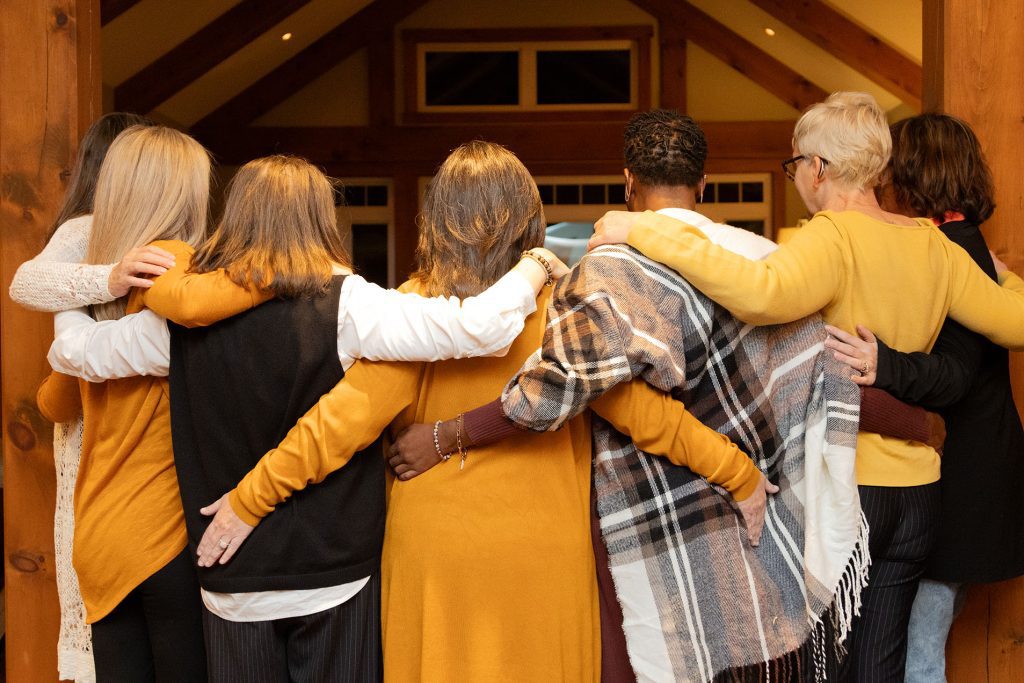- 2024-06-18
- Media releaseResources
Traumatic brain injury resources launched for Veterans impacted during service and their Families

Ottawa, ON — June 18, 2024 — During service, military and Royal Canadian Mounted Police (RCMP) personnel can often be exposed to events or conditions that can lead to traumatic brain injury (TBI). While there is growing awareness about the impact of TBI on Canadian Armed Forces (CAF) and RCMP Veterans and the connection to posttraumatic stress disorder (PTSD) and other mental health conditions, it remains a topic requiring further study and supportive resources.
To enhance the understanding of TBI and better support those affected, the Atlas Institute for Veterans and Families has launched a suite of four specialized (or unique) resources. These resources are designed to build awareness and understanding of TBI and provide helpful tools and strategies to improve the quality of life for those who are navigating daily living with a TBI.
Fardous Hosseiny, Atlas Institute President and CEO, said that the number of Canadian Veterans currently living with a TBI is uncertain, given Veterans are not often screened for this condition and TBI may be underdiagnosed. “Further, since this is an emerging area, there may be misconceptions about the causes and symptoms of TBI. In the military context, there is a common belief that TBIs are mostly caused by exposure to blasts. However, there are many different situations in which people serving in the military or RCMP can be exposed to situations that can result in a TBI during their service.” He added that it is imperative that Veterans are informed about the mechanism of injury for TBIs in the military and police, as well as about common symptoms. Equally important is being knowledgeable about the pathways to diagnosis, treatment and recovery.
Brian McKenna, Atlas National Strategic Advisor — Veterans, said TBIs, which can include concussions, happen when the brain is injured after a sudden impact, jolt, bump or blow to the head or body or even repeated small exposures over time. “TBIs can have long-term effects on a person’s health and well-being, including behavioural, social, cognitive, physical, emotional and psychological impacts. A compounding factor that can affect diagnosis and treatment of TBI is that there can be an overlap in common symptoms for TBI and posttraumatic stress disorder (PTSD). While both can be present at the same time, some Veterans who have a PTSD diagnosis may only come to find that they have a TBI after PTSD treatment does not alleviate all of their symptoms.” McKenna added that Veterans who present with PTSD symptoms or who have been exposed to conditions that could cause a TBI should be screened for it because symptoms can be similar for TBI and PTSD and Veterans may not recognize they have both.
Hosseiny also noted the importance of ensuring Families are equipped with information and resources to help them understand what their loved one is experiencing and to better support and care for both their impacted Family member and themselves. Not only are Family members often the first people to recognize that their loved one’s symptoms might be related to a TBI, they can also be impacted by the changes brought on in their loved one by the injury.
The resources released today by the Atlas Institute are:
- TBI 101: An overview of TBI and its causes, symptoms and ways to manage its impacts
- Tools and strategies for daily living with a TBI
- Information about TBI and PTSD, overlapping symptoms and impacts and pathways to treatment
- Information about TBI for people who work with Veterans
McKenna added that the hope with these new resources is that they will encourage and empower Veterans and Families to seek help for a possible TBI, as well as inform them about the available support and treatments to improve functioning and quality of life while living with a brain injury.
The resources are available for download at atlasveterans.ca/tbi.
For more information, please contact:

